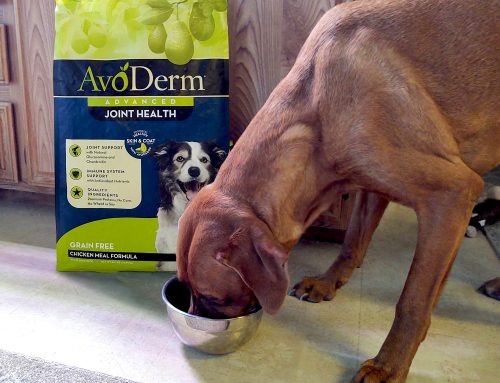Being a pet owner is an incredibly rewarding experience. You get to care for a living being that keeps you company and loves you unconditionally. All the time you spend making sure they are well fed, exercised and attended to pays off completely when you can tell they’re comfortable and happy.
A common bump in the road for pet owners is battling the parasites that want to make your pet their home. To the inexperienced pet owner, ticks and fleas may simply seem like a simple inconvenience. However, fleas and ticks not only make your pet itchy and uncomfortable, but they can also contribute to depression or infection. They can even damage your pet’s skin and coat.
It’s important to be on the lookout for your pet’s well-being. Follow these steps to identify the flea or tick problem and solve it as soon as possible.
Identifying Fleas and Ticks
One of the most important things you can do as a pet owner is pay attention and recognize your pet’s needs, wants and problems. This includes nuanced changes in their behavior and habits.
Fleas are tiny and difficult to see, especially to the untrained eye. That’s why it’s important to pay close attention to your dog so you can catch it early. If you look closely, you may catch a glimpse of them hopping around your pet’s fur. They deliver frequent bites causing skin irritation. They will lay white eggs throughout your pet’s fur and will also leave feces that appear as black specks.
Ticks have eight legs and look like small spiders before they consume blood. Some species of ticks can grow up to half an inch after they’ve latched on, which can help make them easier to identify over time. Ticks are usually discovered after having found their host and they move much slower. It is not uncommon to find a tick crawling through your pet’s fur before it has had a chance to bite.
Though fleas and ticks are different creatures, your pet’s response to both will be similar.
Common signs that your pet is suffering from flea and tick bites include excessive licking or scratching, scabbing and hair loss. If you see any of these signals, it’s important to address the behavior shift as soon as possible.
Home Remedies and Removal
If you are low on funds or simply looking to treat your pets with something a bit more natural, consider these home remedies for flea and tick control early on in the process.
Dish soap is a cheap, easy and safe way to trap fleas away from your pets. Simply fill bowls with warm water and dish soap and place them around your house. Fleas are attracted to light, so place one over the bowl so they jump toward it and land in the water. Putting one next to your dog bed and cat tree are great places to start. When fleas jump into the bowls they will be trapped, so be sure to rinse out the bowls and replace with a fresh combination of soap and water every 24 hours. Because fleas are nocturnal, it’s best to try this remedy at night.
Ticks can be removed directly from your pet’s skin with tweezers. Place the tweezers by the tick’s head and pull up without twisting. Flush the tick down the toilet to ensure it does not return to bother your pet. Be sure to gently wash the affected area once the tick is gone.
Going to the Vet
If the home remedies aren’t working, or you are concerned for your pet’s long-term health, you’ll want to call or visit your veterinarian.
There are several methods of flea and tick prevention or treatment. Your vet may offer you a choice between topical treatment which is placed externally on the back of your pet’s neck, oral medication which can be snuck into food, collars that contact a concentrated chemical to kill parasites and shampoos which will help wash away fleas and their leftover eggs.Though this is usually used as a preventative measure, it can also help kill parasites that are already using your pet as a host.
Follow-Up with your Pet
Once your pet’s body is tick and flea free, some follow-up care is necessary to keep things that way. Replacing carpeting, pet bedding, cat trees and vacuuming/cleaning items that are irreplaceable is a crucial step to protect both you and your pets. Hungry parasites will be looking for a host and you want to be sure that you don’t serve as that lifeline while the effects of your pet’s medication or home remedies fade away.





